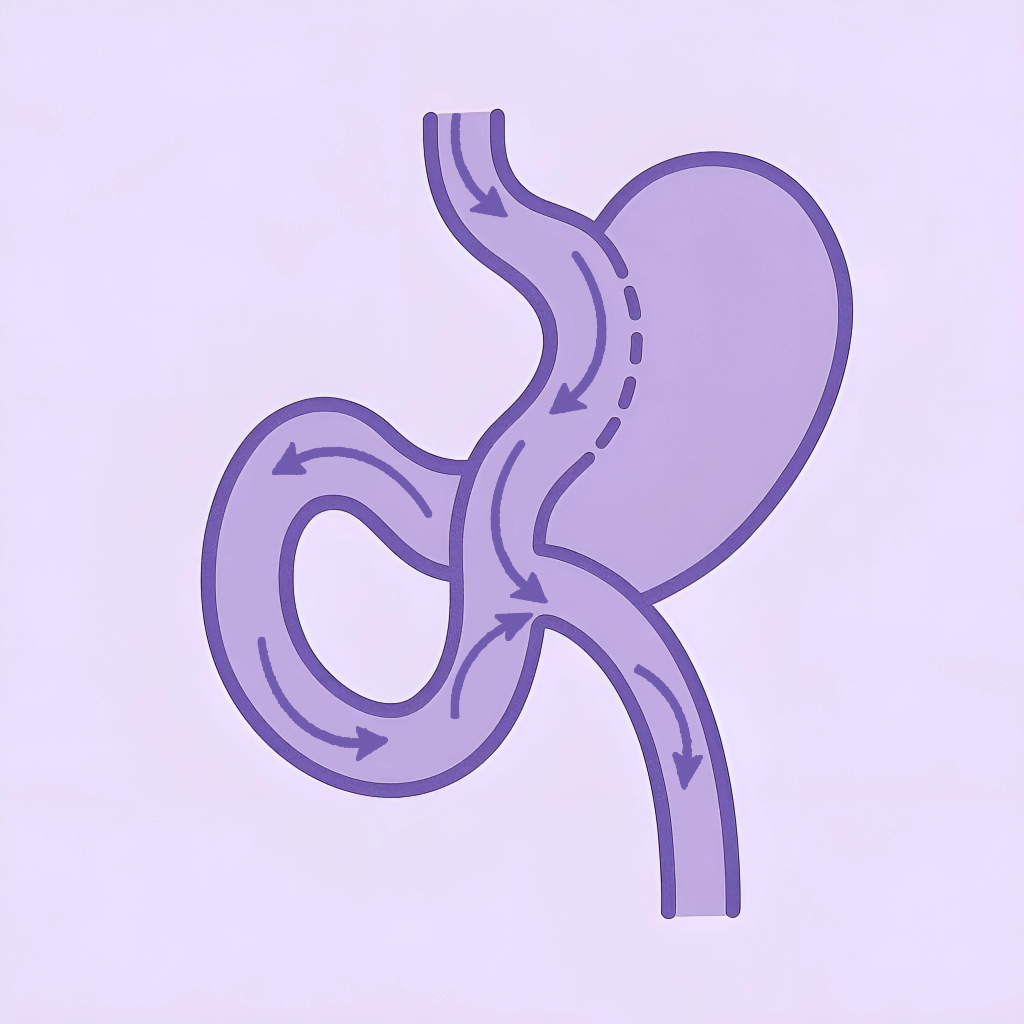Incisional Hernia







Incisional hernia repair is a surgical procedure that reinforces the abdominal wall to treat hernias at previous surgical sites.
Overview
Incisional hernia repair is a surgical procedure used to correct a hernia that develops at the site of a previous abdominal surgery. This occurs when weakened tissue allows internal organs or fat to protrude through the abdominal wall, causing discomfort, pain, or complications.
The procedure strengthens the weakened area by suturing the tissue together or reinforcing it with a surgical mesh. Depending on the size and complexity of the hernia, the repair can be performed using either open surgery or a minimally invasive laparoscopic technique.
When is Surgery Recommended?
Incisional hernia surgery is recommended for individuals experiencing pain, discomfort, or bulging at a previous surgical site that worsens over time. It is necessary when the hernia becomes irreducible or causes digestive issues like nausea or bowel obstruction.
Surgery is also required if there is a risk of strangulation, where trapped tissue loses blood supply, leading to severe pain and complications. Since incisional hernias tend to grow larger and do not heal on their own, surgical repair is the most effective long-term solution to prevent recurrence and improve quality of life.
Procedure Details
Incisional hernia repair involves reinforcing the weakened abdominal tissue to prevent further protrusion and restore structural integrity.
Anesthesia is administered for patient comfort.
An incision is made at the hernia site, or small laparoscopic incisions are created.
The herniated tissue is repositioned back into the abdominal cavity.
The weakened area is reinforced with sutures or a surgical mesh.
The incisions are closed, and the procedure is completed.
Recovery
Healing after incisional hernia repair varies depending on the surgical approach and the hernia’s severity. Most patients return to light activities within a few days, with full recovery taking several weeks. Mild discomfort, swelling, and bruising may occur but can be managed with prescribed pain relief and proper rest.
To ensure optimal recovery, we provide personalized post-procedure guidelines, including activity restrictions, proper wound care, and dietary adjustments. Regular follow-up appointments help monitor healing progress and reduce the risk of recurrence. Patients are advised to avoid heavy lifting and strenuous activities until fully healed.
Have questions about your treatment?
Our team is available 24/7 with multilingual support.

Frequently Asked Questions
Find answers to common inquiries.
Need personalized support?
WhatsApp us for a quick response—we reply within minutes.
What types of surgeries does Dr. Gül specialize in?
Why choose Türkiye for surgical procedures?
What is the recovery time for most surgeries?
What bariatric procedures are offered at the clinic?
How much weight can I expect to lose after bariatric surgery?
What languages does Dr. Gül and his team speak?
Will I need to take supplements after bariatric surgery?
Does insurance cover these procedures?
Can I combine treatment with travel in Turkey?
What support is available after surgery?
Our Expertise

Sleeve Gastrectomy
Minimally invasive surgery for long-term weight loss with a simple procedure and no rerouting.

Mini Gastric Bypass
Simpler, less invasive gastric bypass for significant weight loss and diabetes control.

Gastric Balloon
A non-surgical, temporary option for moderate weight loss without permanent stomach changes.
Follow Dr. Gül on Instagram





